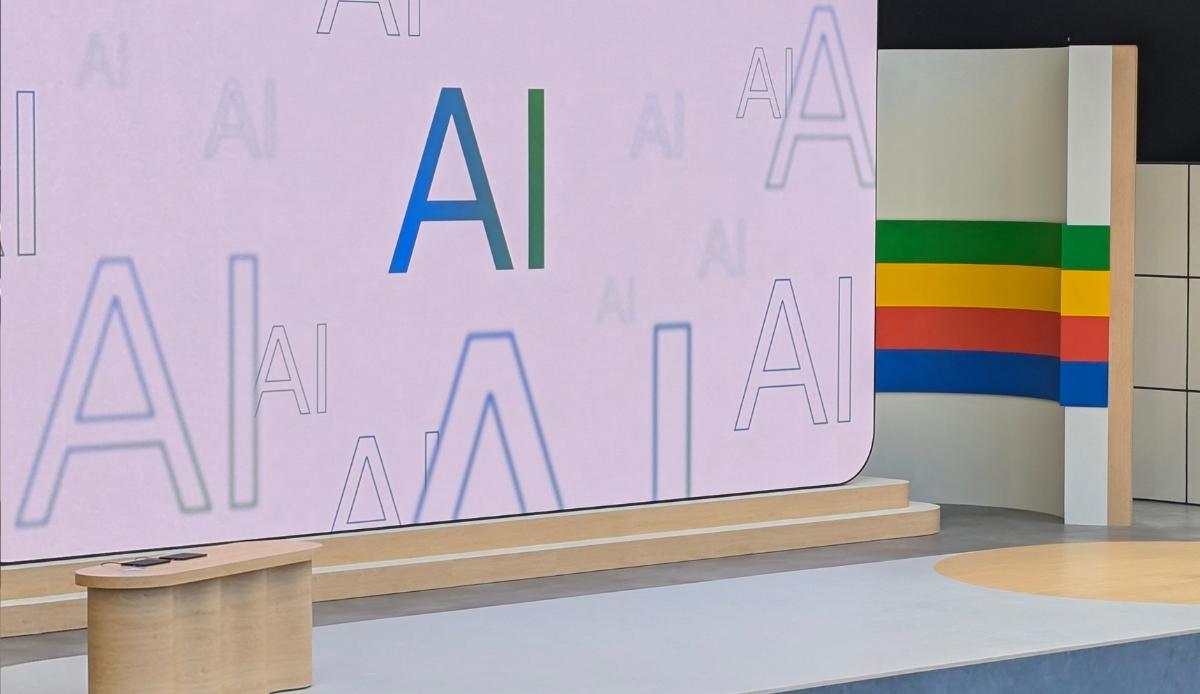
Google announces plans to roll out AI-generated responses to online queries, marking a significant transformation to its search engine in a quarter-century
In a landmark development, Google announced plans to roll out AI-generated responses to online queries on Tuesday, marking one of the most significant transformations to its renowned search engine in a quarter-century.
At an event held in California, Google's CEO Sundar Pichai revealed the company's forthcoming initiative, dubbed "AI overviews," set to debut across the United States this week. Pichai affirmed the expansion of this feature to encompass other regions, potentially reaching over a billion users worldwide.
Under the new system, Google's search results will present users with AI-generated summaries positioned prominently at the top of the page, preceding the conventional display of search links. These concise summaries, powered by Google's Gemini technology, aim to provide users with a snapshot of relevant information gleaned from various online sources, accompanied by corresponding links for further exploration.
Liz Reid, head of the Google Search team, underscored the versatility of this innovation, stating, "You can ask whatever's on your mind or whatever you need to get done - from researching to planning to brainstorming - and Google will take care of the legwork."
The introduction of AI-powered search functionalities comes amid mounting competition from alternative search engines leveraging artificial intelligence, such as Perplexity, and speculation surrounding OpenAI's purported development of its own AI search tool. Additionally, social media platforms like Facebook, Instagram, and WhatsApp have integrated AI-driven search capabilities, offering users an alternative avenue for accessing web-based information.
While some users praise these alternatives for delivering streamlined search experiences compared to traditional methods, concerns loom among content creators and small publishers regarding potential declines in website traffic. Research firm Gartner forecasts a 25 percent reduction in web traffic originating from search engines by 2026 due to increased reliance on AI-powered search technologies.
Addressing apprehensions about the impact of AI-driven interactions on Google's business model reliant on advertising revenue, Reid asserted, "We've found that with AI Overviews, people use Search more, and are more satisfied with their results."
Google further disclosed plans to extend AI integration to searches based on video content, enabling users to seek assistance through filmed queries, such as diagnosing appliance issues via smartphone footage.
In addition to AI-enhanced search capabilities, Google offered insights into "Project Astra," an initiative focused on developing digital assistants tailored to various tasks. Demis Hassabis, chief of Google DeepMind, articulated the aspiration to create a universal AI agent capable of providing practical assistance in everyday scenarios, envisioning a future where such agents are seamlessly integrated into users' devices.
AI functionalities stemming from Project Astra are slated to debut in Google products later this year, promising enhanced user experiences across platforms like the Gemini app and Google Assistant.
Google's strides in AI innovation coincide with efforts by competitors like OpenAI, which recently unveiled GPT-4o, boasting advanced conversational capabilities across voice, text, and image interactions.
With the race intensifying to refine digital assistants into intuitive companions, industry observers anticipate heightened competition in the burgeoning field of generative AI, with potential collaborations and advancements poised to reshape the landscape of digital interaction.
Source: AFP